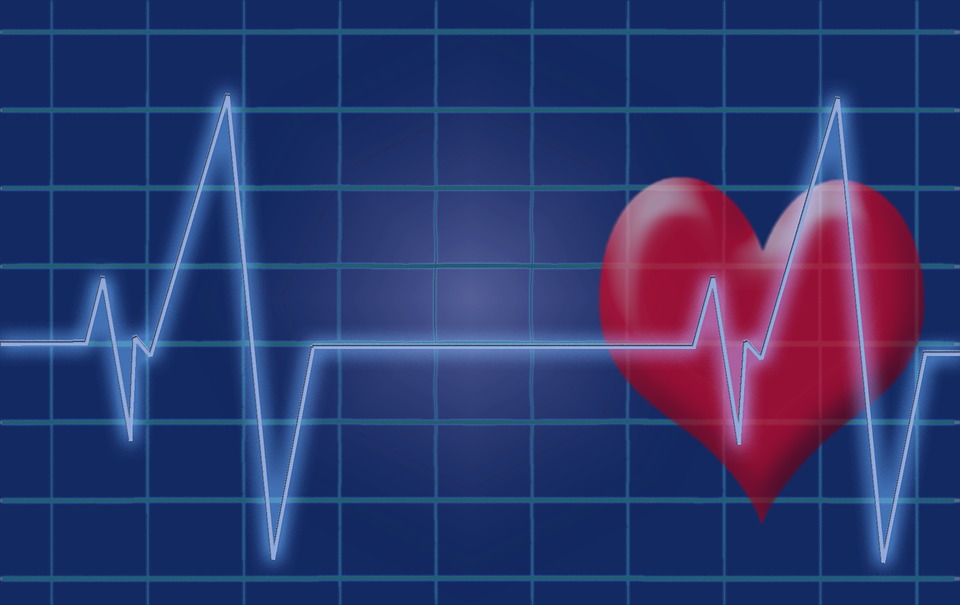Sinus tachycardia ECG is a type of arrhythmia that is caused by an abnormal heart rate. The heart rate can be faster than usual, or it can be regular but too fast. In some cases, tachycardia may not cause any problems. However, in other cases, it can lead to serious health complications.
What should I know about this?
Symptoms of tachycardia can include lightheadedness, chest pain, and shortness of breath. It is often diagnosed through an electrocardiogram (ECG) test, which measures the heart’s electrical activity.
Treatment for tachycardia may involve lifestyle changes, such as exercising regularly and managing stress. Medications may also be prescribed to regulate heart rate or treat underlying conditions that could be causing tachycardia. In severe cases, a pacemaker or other medical device may be necessary to control heart rhythm.
It’s important to talk to your healthcare provider if you suspect you have tachycardia or other abnormal heart rhythms. Early diagnosis and treatment can help prevent long-term complications such as heart failure or stroke.
We hope this information has been useful to you.






